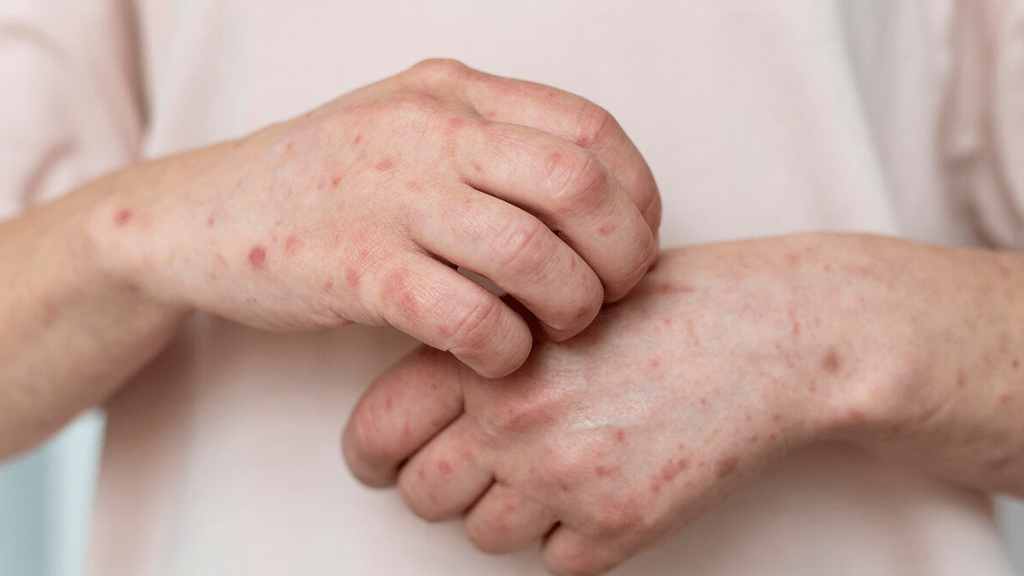Europe is bracing for a potential surge in Mpox cases following the announcement of the first diagnosed case in Sweden earlier this week. The European Centre for Disease Prevention and Control (ECDC) has raised its risk alert level, sparking widespread concern across the continent.
The World Health Organization (WHO) has declared a global health emergency as the Mpox virus, also known as monkeypox, continues to spread across central and eastern Africa. The virus has already claimed at least 450 lives in the Democratic Republic of Congo and has been detected in at least 13 countries, prompting urgent calls for international action.
The Mpox virus, which spreads through close physical contact—including sexual contact, kissing, cuddling, or even holding hands—bears similarities to smallpox but is less severe. Symptoms include fever, headache, muscle aches, backache, swollen glands, exhaustion, joint pain, and a rash.
In response to the escalating situation, WHO Director-General Dr. Tedros Adhanom Ghebreyesus emphasized the need for a coordinated global response to curb the outbreak and save lives. He described the virus’s spread as “very worrying” and urged countries to act swiftly to prevent further escalation.
The UK previously saw some of the highest Mpox case numbers in Europe during the 2022 outbreak, primarily affecting men who are gay, bisexual, or have sex with other men. Although cases have significantly decreased, with only 16 reported in England this year, health authorities remain on high alert as the virus resurges.
In Sweden, the confirmation of the first Mpox case outside Africa has heightened concerns, with European countries now scrambling to stockpile vaccines and prepare rapid response measures. As part of the immunization efforts, the UK has licensed one vaccine, with hopes that an mRNA vaccine for both Mpox and smallpox will soon become available. Clinical trials, led by the University Hospitals Bristol and Weston NHS Foundation Trust, are currently underway, with volunteers being selected to receive different dosage levels or a placebo.
As the situation develops, health experts warn that the next few weeks will be critical in determining the extent of the outbreak in Europe and beyond.



